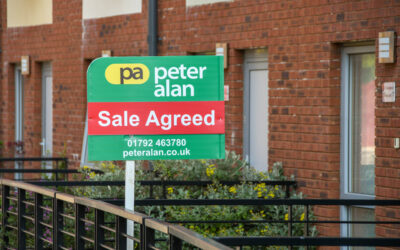 Environment
Environment With the launch of our latest report, Productive community assets: generating the benefits, Helen Cunningham reflects on some of the report findings
Last year we started work exploring practical ways to build community wealth in the south Wales valleys. One of the areas we looked at was community assets.
Community assets are highly valued, fundamental parts of communities. They are also viewed in very different ways – from community infrastructure such as bus services and post offices to community buildings like community halls and institutes to the landscape and natural resources. In conversations on the value of community assets, their social value often registers highly, but their economic value far less so. We were interested specifically in community assets that can generate revenue for shared, local wealth. Those that do, have the capacity to generate multiple benefits, from local employment and supply chains to local dividends and better long-term sustainability. We also think that for community assets to really be community assets, they must be in public or community hands.
Time for community ownership?
Better rights of ownership and control came out really strongly in this work. The permanent loss of community assets through sale on the open market were a source of real regret for people we spoke to, one describing the “tsunami” of offloading of assets by managing authorities over the last decade. Public bodies have faced very real financial pressures in how they manage assets, especially following the last global financial crash. We saw examples of successful but also many unsuccessful community asset transfers. What happens after the asset transfer though is what’s really interesting. Community asset transfer is, after all, a means to an end. We argue that with another severe downturn predicted, we can’t afford see the loss or closure of more assets.
The more we looked at community control and ownership, the more we saw a gap around community rights. The 2015 Community Empowerment Act in Scotland extends the existing community right to buy and gives communities first right of refusal to buy land that comes up for sale. The Localism Act (mainly England) enshrines a community right to bid for assets that an owner has decided to dispose of. In Northern Ireland there is a campaign to secure better rights around community ownership. In Wales there is currently no automatic right to bid or right to buy for communities who want to take on a greater role.
What next
The desire for communities to have more control and rights is unlikely to go away and we will be exploring what scope there is for developing a comprehensive set of rights around community ownership and control next. Building Communities Trust is shortly releasing a report with rich detail on the first hand experiences of the people that steward assets. This will also add to the current picture of assets in Wales and help inform what needs to happen to support those communities that are guardians of assets.
We also think there’s more to be done on measuring and capturing the social value of assets, as well as more ways to harness natural resources for shared wealth. With smarter use of planning and compulsory purchase powers and partnerships between communities and public bodies, community assets can also thrive in new and better ways. To find out more or get involved, please get in touch with us.
Helen Cunningham is Project Officer at the Bevan Foundation. Follow her on twitter @cunninghamhel


